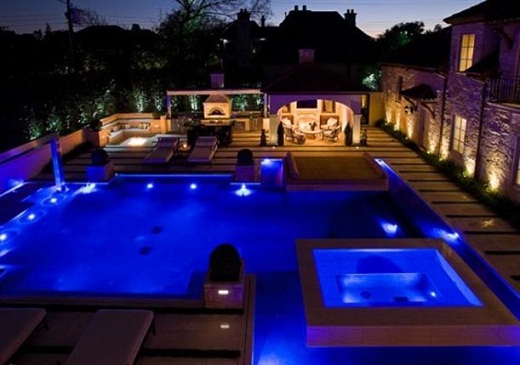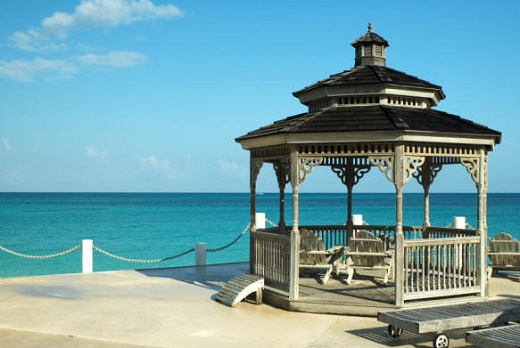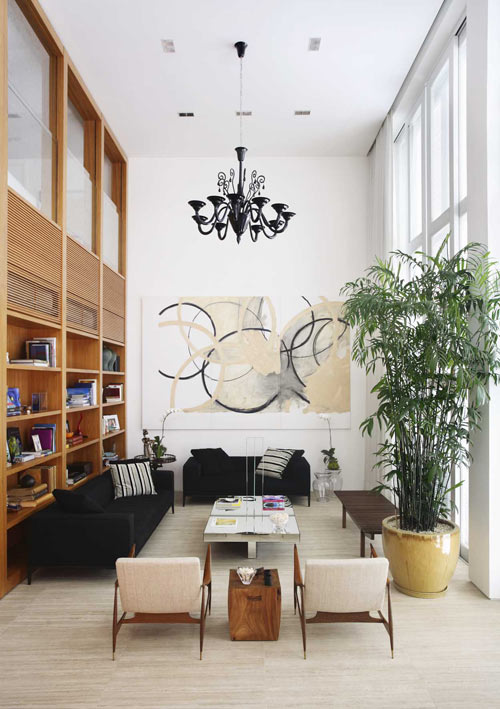Landscaping has become one of the favorite DIY and design trends in recent years, and it’s also become an area of design which is considered somehow unaffordable. That’s way off the mark. You can add a lot to your home environment, with just simple but versatile
verandas or pergolas. You can also do your design in affordable stages, and reduce outlays to suit your budget.
Landscaping is actually based on features. The elements of design will be relatively simple.
For example:
• Lawn
• Garden beds
• Rockeries
• Fountain
• Border features and fencing
The idea is that a veranda will complement these features, and provide a transitional environment from the house to the garden landscaping. The designs are naturally interlinked.
If you’ve seen those fabulous old style verandas which seem to create another part of the garden, all decked out with hanging pots, the faithful old family table and bric a brac, you’ll know the design mix a veranda can achieve. It’s not as difficult as it looks. Modern verandas have morphed into a design feature of much the same kind, just slightly more complex.
The modern veranda is now part veranda, part living space, and often enclosed to some degree. This is the “sunroom effect”, based on the fact that many sunrooms usually started as verandas, and people liked them so much they evolved into home extensions.
Design structure
Whatever sort of veranda you have, you can reinvent it into any form, and scape around it as you wish. Forget the mythology of massive expense and unspeakably fashionable bruises to your house budget. The design structure for mixing landscaping and verandas is extremely simple and you can do it at your own speed and on any budget.
You need:
A concept and a look to work with. Pro landscapers work with a plan from the start, and they just develop it into a landscape design.
For example:
The veranda faces south with a nice view. It’s a solid timber design, aged treated pine. It gets heat in one season and cold in another. The basic concept is to provide screening while keeping the view. The homeowner starts by installing some box frame covers with adjustable screens, very cheap, made to measure.
The screens also shield the house from hot and cold. The landscaping, external, now uses plantings to create further cover, like an ivy trellis, a few Chinese pines (small trees which as so beautiful they fit any design and are absolutely zero maintenance.)and some trees outside the view which also function as flower beds while blocking out the hot glare and sun angles and the cold blasts.
Net cost? Some time, but not a lot of money. The result is a beautiful landscape, made to personal tastes, and an upgraded, all-weather veranda.
One of the most loved landscaping icons,
pergolas are an additional cover feature, and you can produce the most beautiful covered paths with a pergola, using roses, bougainvilleas, and other climbers.
If you want your place landscaped your way, start with your veranda, and consider what you’d like. The rest is incredible fun














































 Outdoor Lights for Garden and Landscape
Outdoor Lights for Garden and Landscape




